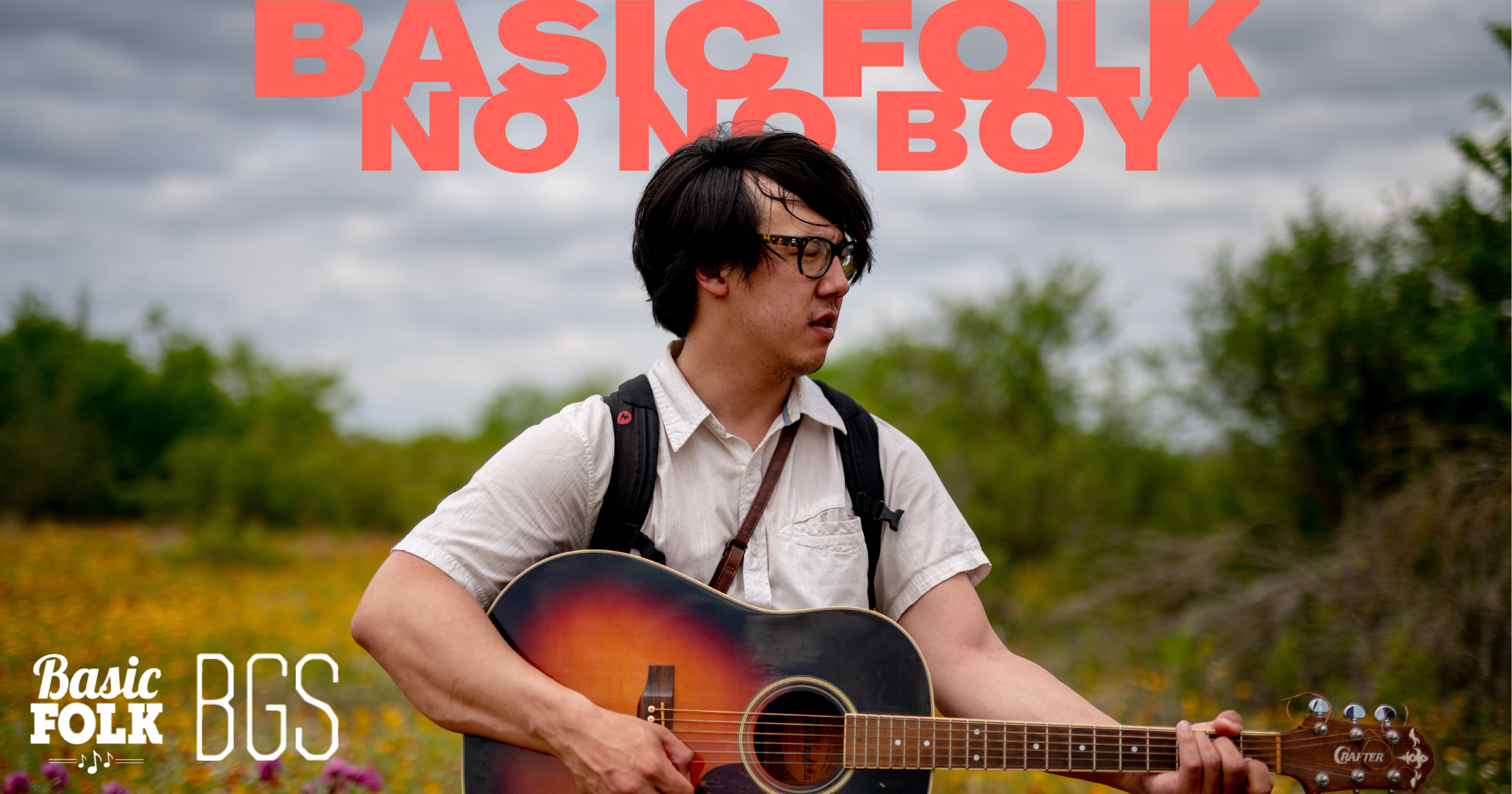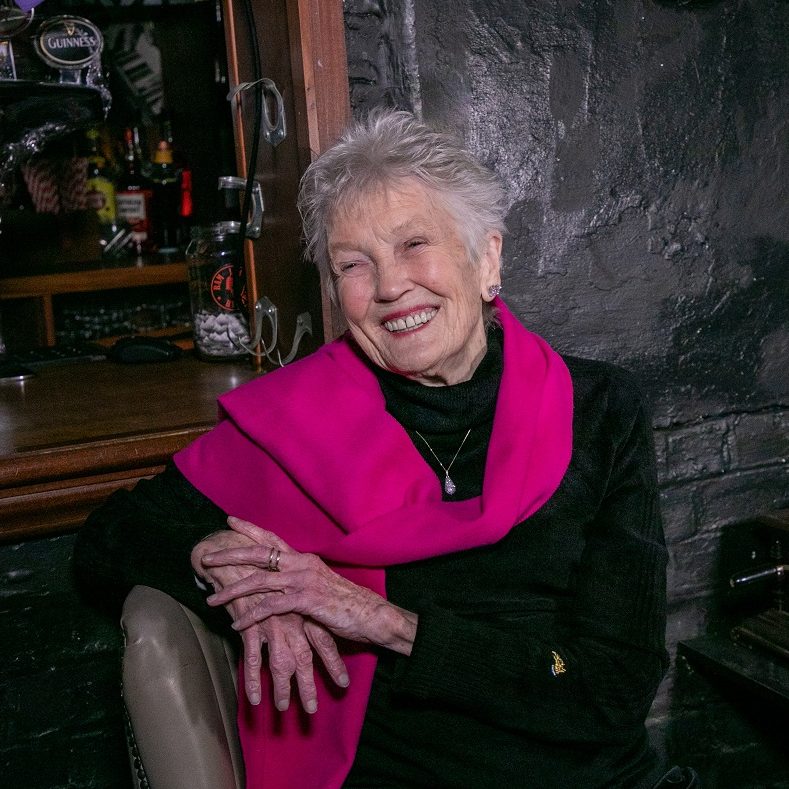Julian Saporiti is the brilliant mind behind No-No Boy, a recording project that tells the incredible stories of historical triumphs of Asian Americans making their way in the United States. Julian, an Italian American and Vietnamese American, has always been drawn to both history and music, and has used his two passions to elevate these stories. He was truly inspired by his doctoral research at Brown University on “Asian American and transpacific history focusing on sound, music, immigration, refugees and everyday life.” Julian began to explore his family’s history, pore over archival material, and conduct interviews; and found untold musical stories of Asian American artists like himself.
Julian got the No-No Boy name from Japanese Americans who were forced to live in internment camps during World War II, soon after the 1941 Pearl Harbor attack. They were asked to serve in combat and swear allegiance to the United States. Those who answered “no” to those two demands on the government’s “Loyalty Questionnaire” became “No-No Boys.” And those who refused were sent to concentration camps. It’s also a novel by Asian American author John Okada (also a song by The Spiders). Our conversation covers his own family history, in which he also unabashedly shares his perspective on the concept of “generational trauma” (he’s not super into it). He expands on the influence of Asian musicians who have learned and perfected the music of the oppressor, like the George Igawa Orchestra, which was a jazz band held at an internment camp led by Los Angeles musician George Igawa. When he was forced to relocate to the camp, he could only bring what he could carry, which, to him, meant his instruments. He formed a group in the camp where they would play parties and even outside beyond the confines of the camp’s barbed wire.
Julian’s identity and the identity of No-No Boy is solidly rooted in his Asian American experience, but I decided to start our interview with questions about his dad’s work in the music industry. Julian’s father was a major player in Nashville’s country music industry and he would often take Julian with him to work. This left huge impressions on young Julian, so of course, I had to dig into that first thing!
Photo Credit: Diego Luis






